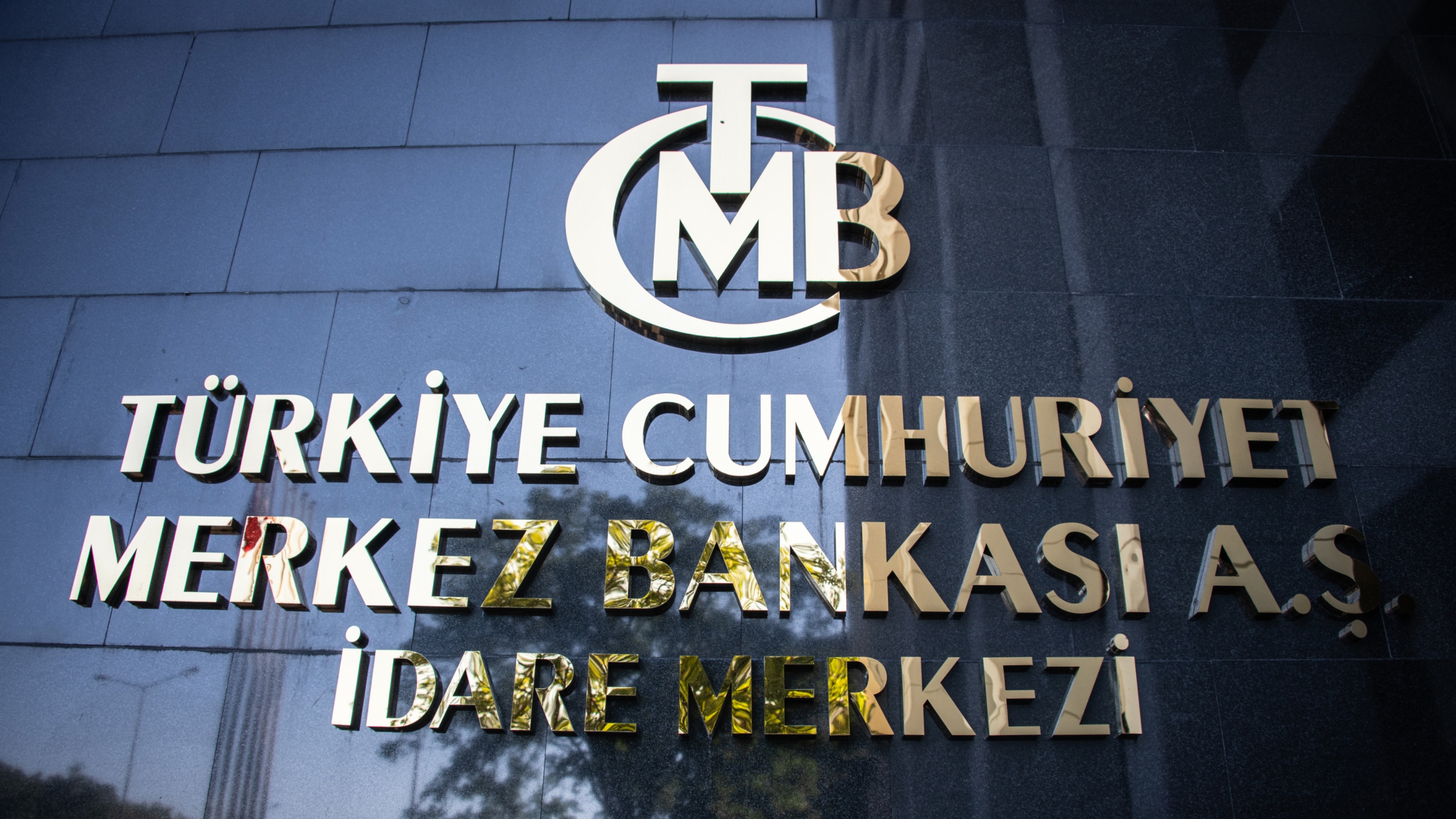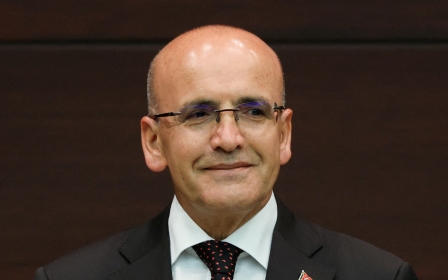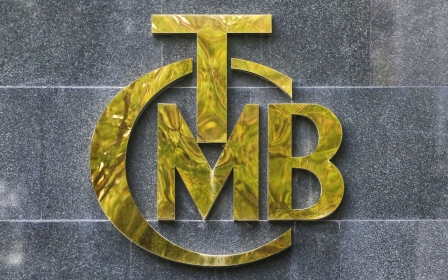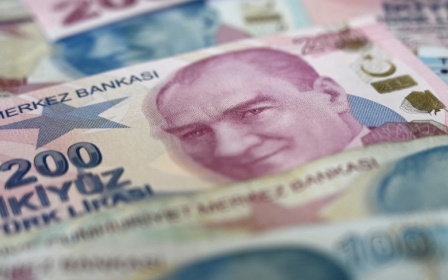Turkey raises interest rate to 25 percent in surprise hike

Turkey raised the interest rate to 25 percent on Thursday as the central bank continues with financial changes to tackle soaring inflation.
The 7.5 percent jump exceeded forecasts and caused the Turkish lira to gain 1.5 percent against the dollar.
In July, the central bank raised the benchmark rate to 17.5 percent and some expected this month’s hike to take it to only 20 percent.
However, the central bank said there was a continued “increase in the underlying trend of inflation”, sending a strong signal it was accelerating its efforts to rectify the economy.
The inflation rate in Turkey, which soared to 85 percent in December, currently stands at around 47 percent.
New MEE newsletter: Jerusalem Dispatch
Sign up to get the latest insights and analysis on Israel-Palestine, alongside Turkey Unpacked and other MEE newsletters
In recent years, President Recep Tayyip Erdogan has subscribed to an unorthodox economic theory that argues high interest rates cause inflation.
He had previously pressured the central bank to cut borrowing costs and increase credit access, despite more mainstream economic thinking advising the opposite approach.
Driving away investment
The lira has shed more than 90 percent of its value over the past decade, and the country's soaring inflation has driven away foreign investors.
Sources previously told Middle East Eye that Mehmet Simsek, who was appointed as the treasury and finance minister in June, had proposed an 18-month time frame where he would gradually increase benchmark interest rates from 8.5 percent to as high as 25 percent, thereby ending Erdogan’s unorthodox policy.
MEE reported earlier that the president set the ceiling on interest rate hikes at between 25 and 30 percent.
However, many global investment banks expected aggressive hikes to come with Simsek's appointment, which could take the benchmark rate to somewhere between 20 and 40 percent.
Middle East Eye delivers independent and unrivalled coverage and analysis of the Middle East, North Africa and beyond. To learn more about republishing this content and the associated fees, please fill out this form. More about MEE can be found here.




